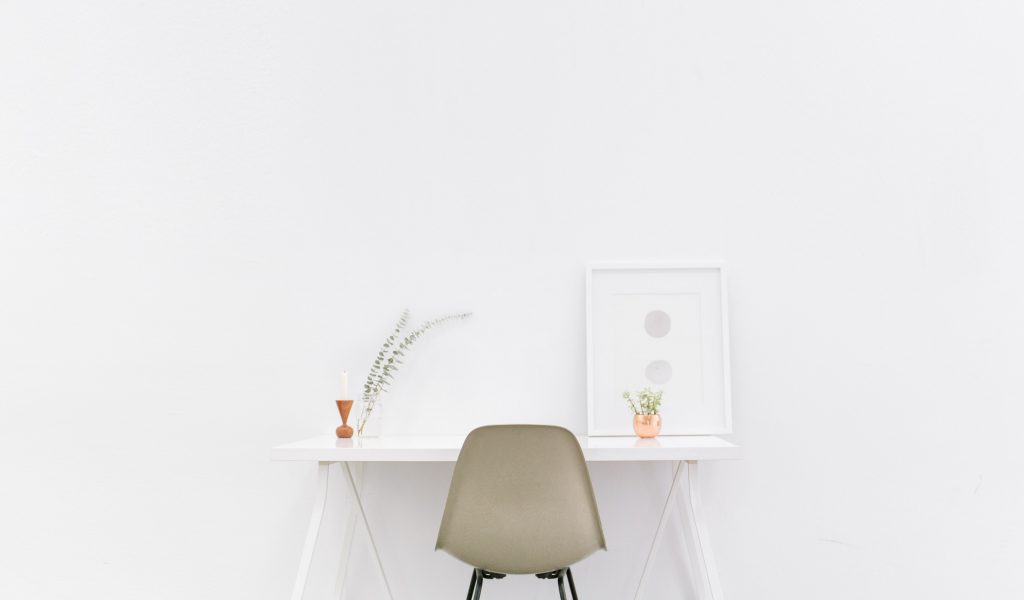Is minimalism an affront to individuality?

Lucy Facer explores the intricacies of the twenty-first century minimalist movement
I see my room as an expression of my personality: as I write this, I’m surrounded by shelves of novels bookended by perfume bottles, stacks of mugs teetering haphazardly, and a pinboard covered in postcards and photos. Admittedly, I overestimated the size of university halls and sometimes have to push myself to throw away needless trinkets when my desk becomes a little overwhelming. However, I don’t usually strive for minimalist decor because I prioritise individuality and fun in my living space. Many people find that minimalism enhances their lives but as with any cultural trend, I think we should consider why we are drawn to particular styles and mindsets before implementing them.
Recently I have noticed a push from social media to streamline various aspects of our lives. The popularisation of internet trends like the “clean girl” make-up aesthetic reflects people’s desire to achieve a polished look with fewer steps. However, I would argue that this kind of content is misleading because the images we associate with it are usually people who already appeal to conventional beauty standards and often have been paid to promote particular products as one-size-fits-all solutions. Influencers seem to be attaching a moral value to looking “put together” with the least amount of effort and perpetuating unrealistic standards under the guise of simplicity.
The issue of over-consumption has been much discussed recently in the mainstream media, and minimalism appears to propose an alternative to this. Refraining from buying unnecessary material items can be financially sensible and more sustainable. For example, a capsule wardrobe can help us to be more mindful of buying fast fashion and can make choosing outfits less complicated and time-consuming. However, the focus on clean lines and monochrome colour palettes can also pressure us to overhaul our current belongings, leading to more waste. Sometimes the most sustainable option is the least visually appealing, such as repurposing old clothes as cleaning rags or upcycling a piece of furniture.
A capsule wardrobe can help us to be more mindful of buying fast fashion and can make choosing outfits less complicated and time-consuming.
Minimalism can also seem inaccessible to people on low incomes as they might lack the space and resources to hide clutter and curate a flawless home; not everyone has the luxury of time to put all of their food into identical glass jars. After all, a home’s functionality should come before its outward appearance. Some of the nicest homes I have visited have miscellaneous decor from charity shops or passed down from family members and they feel genuinely lived in. Strict adherence to minimalism dismisses how valuable sentimentality and memories can be in enriching our living space.
On the other hand, in the age of working from home, work-life balance has become increasingly important, and decor can help us differentiate between the personal and professional. In this sense, I can appreciate the merits of minimalism in separating these areas and creating a calming environment.
Therefore, I think the most important thing is to be mindful and realistic about whether minimalism is compatible with your lifestyle. Ultimately, minimalism is only an affront to individuality if it comes from a place of obligation or shame. If we take minimalism as a set of principles rather than a purely aesthetic venture, anyone can apply these to their lives if they find it beneficial.


